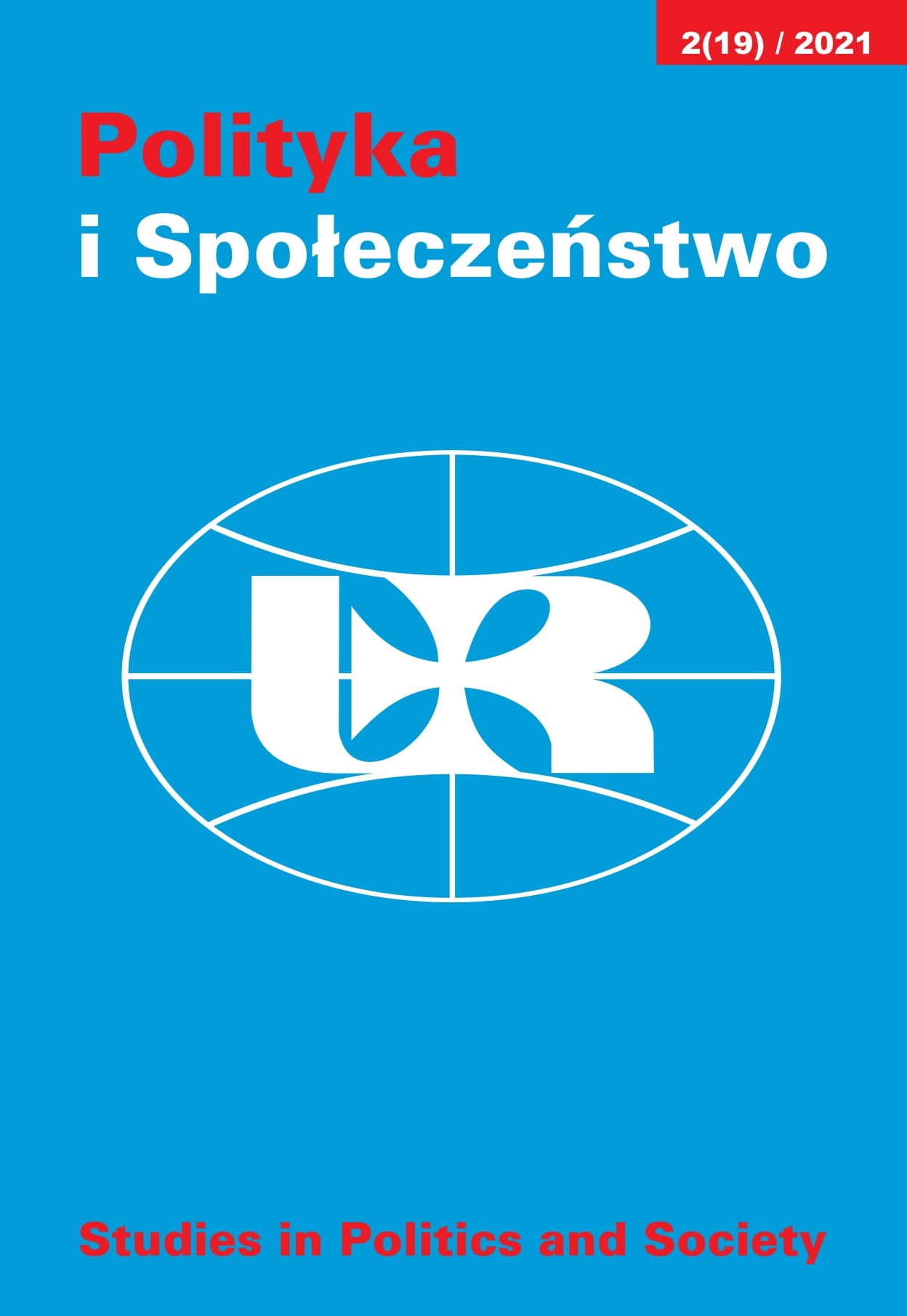Political imitation as a source of modern counterrevolution in post-communist Europe - an attempt at a political theory perspective
DOI:
https://doi.org/10.15584/polispol.2021.2.6Keywords:
crisis of democracy, political imitation, counter-revolution, populismAbstract
The main goal of this article is analysis of the influence of the policy of imitation on the phenomenon of counterrevolution. The aim of the article was to answer the research question whether the politics of imitation and counterrevolution at the level of theoretical considerations can constitute elements of one theory concerning the crisis of liberal democracy in post-communist European countries? The detailed question was whether political imitation is a category by which it is possible to explain the causes of the proces of counterrevolution in post-communist Europe? The considerations are based on the concepts of Jan Zielonka, as well as the ideas of Ivan Krasett and Stephen Holmes. In accordance with the principles postulated by Ivan Krastew and Stephan Holmes, the politics of imitation is an important reason for the success of populist, which Jan Zielonka equates with counterrevolution. Negative opinions about the course of the systemic transformation mainly focus on its lack of alternatives, on the problem of imposing liberal values, and on the problem of economic stratification. These premises also constitute the basis for the contemporary problems of the crisis of liberal democracy.
Downloads
Published
How to Cite
Issue
Section
License
Copyright (c) 2021 Studies in Politics and Society

This work is licensed under a Creative Commons Attribution-ShareAlike 4.0 International License.


